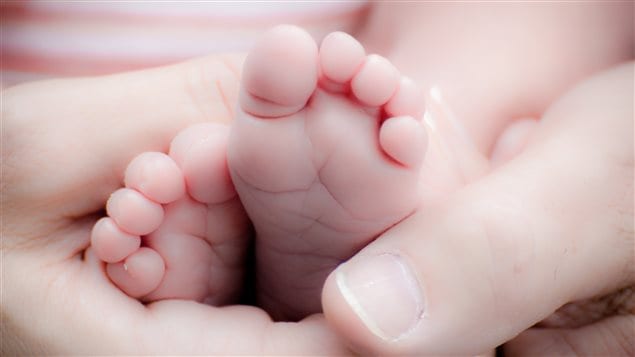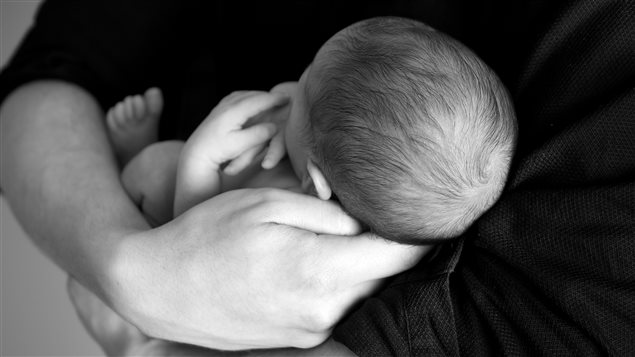The Canadian Paediatric Society has issued new guidelines for the health care of babies born suffering from exposure to their mothers’ use of opioid drugs during pregnancy. The number of children born with neonatal abstinence syndrome is going up in Canada and other parts of the world as the use of opioids among adults is increasing.
Symptoms occur soon after birth
In 2016-17 the Canadian Institute for Health Information reported that an estimated 0.51 per cent of all infants born in Canada (except for the province of Quebec) were born with the syndrome. That is about 1,850 children born with symptoms such as persistent crying, poor sleep, fever, weight loss and in more serious cases, seizures. These symptoms may start one to three days after birth.
In Canada, most mothers have access to prenatal care paid for by publicly-funded health insurance. Most babies are born in hospital where they are screened for certain conditions. After an uncomplicated vaginal delivery, mothers and newborns stay for an average two days in hospital and, after discharge, are followed by their own doctors.

Half to three-quarters of these babies need treatment
Pregnant women are sometimes prescribed opioids to treat pain, they may take them illegally and be addicted, and some others may take them as substitutes while they try to overcome addictions.
The Canadian Paediatric Society says “pregnant women with an opioid dependence should be advised to continue or commence an opioid maintenance therapy program.” Of the babies born to women on opioids, 50 to 75 per cent will need to be treated for withdrawal.
Traditionally, these babies were placed in neonatal intensive care units (NICU) in hospital for two to three weeks and slowly weaned off morphine while the mothers went home. But several Canadian hospitals have been keeping the mothers with their babies and that has proven very successful. It has been so successful, that the Canadian Paediatric Society is says that should become the standard of care.
Benefits for mothers and babies
If mothers are breastfeeding some of the drugs they are taking will get through to the baby lessening the number of infants who need to be treated with morphine. Both can benefit from skin-to-skin contact and bonding. And a comprehensive plan to treat babies can include other comfort measures, keeping a calm environment and ensuring adequate nutrition. And mothers can be supported in their efforts to wean themselves off the drugs they are taking.
Benefits for hospitals too
This is good for everyone, says Dr. Thierry Lacaze, author of the guidelines and chair of the society’s Fetus and Newborn Committee.
“It’s going to impact on outcome and health for both mothers and babies by reducing the need for babies to be on substitutive medication, by increasing the duration of breastfeeding which has positive impact on the child. But it also reduces the need for hospitalizations in the NICU. So, it’s going to save money in the long term both by reducing NICU needs but also improving long-term outcomes.”
Listen






For reasons beyond our control, and for an undetermined period of time, our comment section is now closed. However, our social networks remain open to your contributions.